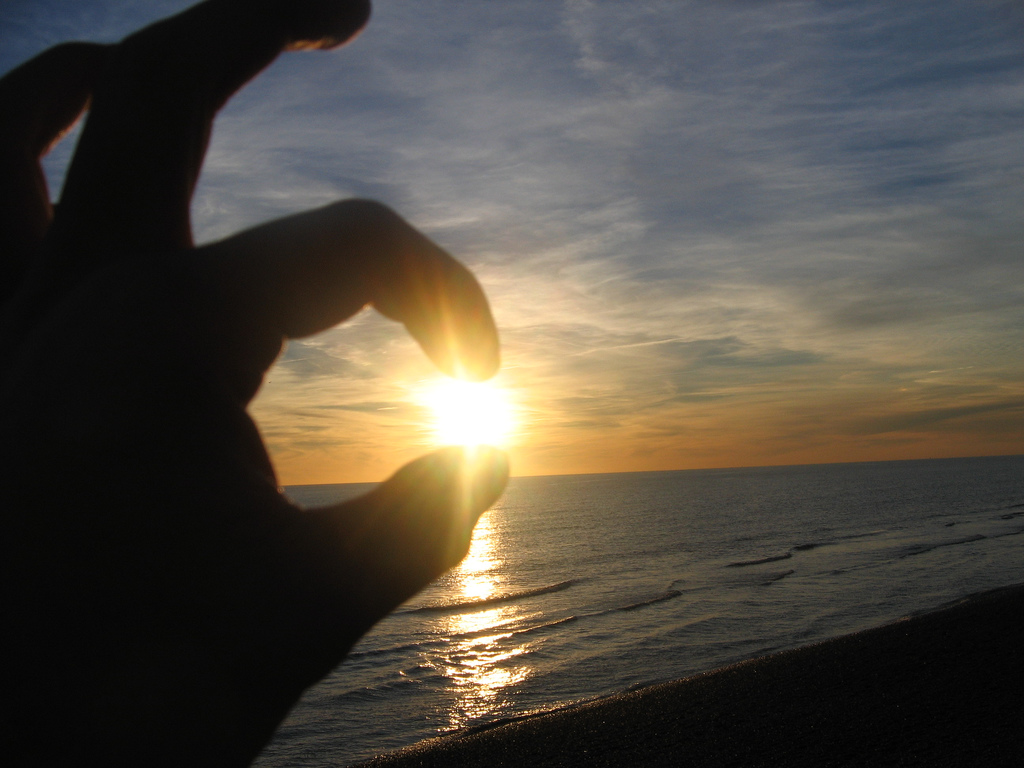Science, more than any other human endeavour, gives us a deeper appreciation of the very fact that we exist at all.

But the sad truth is that most people don’t see it that way.
To many, science is simply a means to an end, a tool with which to develop more sophisticated technologies, more effective medicines, and more devastating weapons – but not illuminating or enlightening in its own right.
To others, it is seen as cold, meaningless and misguided. It is viewed as the soulless gathering of data, an uninspired reduction of life’s complexities into humdrum mundanities, a means to rob life of its mystery and beauty, and a threat to the very morals and ethics that civil society depends on.
And perhaps the most common misconception of science is the worst of all: that it is boring.
But science gives us a window through which to see just how intricate, inventive, and amazing the universe actually is, and a deeper appreciation for what it means to be alive.
We have learned that the universe is far vaster and older than any of us can even begin to fathom, that most of the elements that make up our planet (and our very own bodies) were born in the heart of exploding stars. That the earth on which we stand is more than four billion years old, life more than three billion, and that our own species has been around for barely a million – a mere speck of galactic time.
But the humbling revelation that our own lives are so brief, and ultimately so insignificant in the grand scheme of things, need not be depressing. Quite the opposite: knowledge of the true age and scope of the universe should make us feel all the more lucky to have been born, all the more appreciative of our own uniqueness, and all the more questioning of what exactly constitutes a meaningful life.
Though we have moved our place in the universe from a special position at the centre of the solar system to being just one of 30 million species on a tiny rock on the fringes of one of millions of galaxies, science has given us a better appreciation for just how extraordinary humans truly are. Inside each of our heads sits the most complicated thing in the known universe, a feat of natural engineering we could never hope to rival. There are more possible connections between the neurons in our brains than there are atoms in the universe, and to them we owe the evolutionary gifts of consciousness, memories, and music.
And with these neurons we are now unravelling the bizarre secrets of particle physics, discovering that the vast majority of matter and energy in the universe is invisible, and coming to understand that free will may actually just be an illusion. Each year we uncover more and more of the marvellous mechanics of living matter, find more and more ways to ease and delay the pain of mortality, and come closer (we hope) to finding life elsewhere in the universe.
The legacy of the scientific method cannot be overestimated, but it is pervasively underappreciated.
One could argue that the mistrust and misunderstanding of science is among the greatest short-comings of the modern era, just as the discoveries and accomplishments of science are some of its greatest achievements.
But as important as its achievements are, science is about so much more than finding cures for the diseases that plague us or ways to make our lives more comfortable with technology and ingenuity.
Science is ultimately about exploring, questioning and celebrating what it means to exist in the first place. Because, truly, nothing else is more remarkable than the fact that you are reading these words at all.